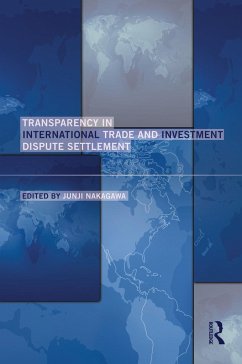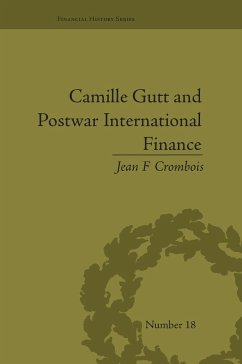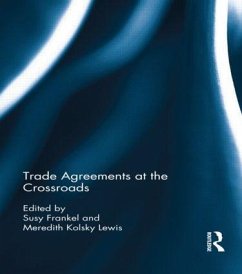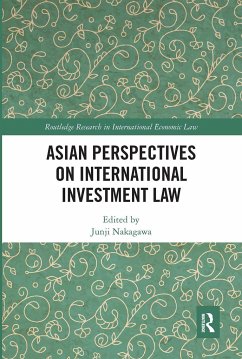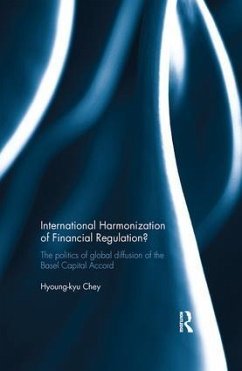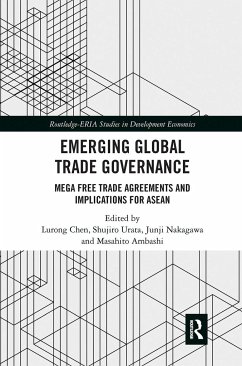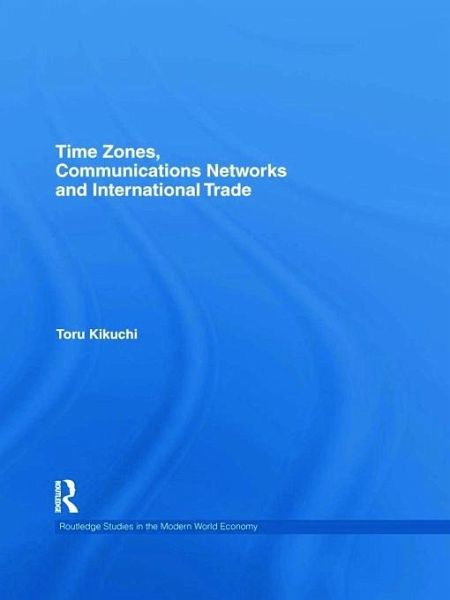
Time Zones, Communications Networks, and International Trade

PAYBACK Punkte
30 °P sammeln!
In the existing literature on trade theory, relatively few attempts have been made to address the theme of communications networks and the role of time zones. The book illustrates, with simple models of international trade, how the introduction of communications networks and the utilization of time zone differences can affect both the structure of international trade and world welfare. Other technological aspects of recent international trade (e.g., competition between international standards, the impact of switching costs on imported products' introduction) are also examined.





![Communications With Government Respecting the Formation of a Company for the Improvement of the Navigation of the Ottawa [microform]: and for Promotin Cover Communications With Government Respecting the Formation of a Company for the Improvement of the Navigation of the Ottawa [microform]: and for Promotin](https://bilder.buecher.de/produkte/66/66194/66194365n.jpg)
